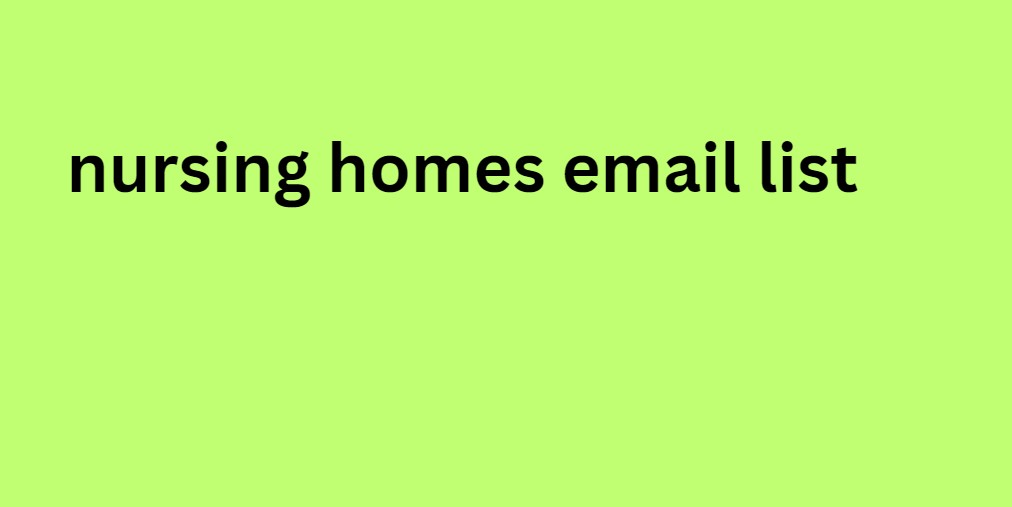Consistency: Email Testing and Previews
Posted: Sat Dec 21, 2024 4:58 am
A welcome email series can be easily set up with marketing software.
So, let's move on to some tips to help you create quality welcome emails.
Time: fast and staggered
Welcome emails should be sent quickly and automatically, immediately after confirmation of the newsletter subscription.
If you're looking for a more personalized style of communication, the first welcome email could be delayed a bit to convey the impression of a personal response, rather than an automated email.
A staggered approach (i.e. sending the different emails one or two days apart) is also justified if you don't want to send three emails in a short space of time (double opt-in, confirmation, welcome).
Design: ensure easy recognition
New subscribers should get an idea of what your future newsletters will look like from your welcome emails.
Ensure easy recognition by using a catchy and understandable sender name.
Additionally, you should begin using the email address that will be used for your next regularly scheduled communication.
An attractive welcome email top area design is particularly important for memorable branding.
This may include an email header with a prominent logo, a logical, recurring email structure, and a consistent color scheme.
Subject: friendly and active
Using trigger words at the beginning of welcome email subject lines, such nursing homes email list as “Welcome” or “Thank you ,” has been proven to be effective. They provide an immediate impression of friendliness and help generate interest.
Welcome emails should look the same on every web browser and email service, as well as on every end-user device.
Most email marketing software allows you to test this in several ways before sending your emails.

Setting the right expectations
At the beginning of the campaign, you should determine what content will be available in the future and the frequency of emails.
If your subscribers expect to receive exclusive offers, these should also be clearly communicated in advance.
Your welcome emails should always serve to confirm the subscriber's decision to sign up for the newsletter and confirm their positive attitude towards the company and its products.
However, an option to unsubscribe at any time is essential at this stage. A note should also be included stating that all data is stored securely and used responsibly.
So, let's move on to some tips to help you create quality welcome emails.
Time: fast and staggered
Welcome emails should be sent quickly and automatically, immediately after confirmation of the newsletter subscription.
If you're looking for a more personalized style of communication, the first welcome email could be delayed a bit to convey the impression of a personal response, rather than an automated email.
A staggered approach (i.e. sending the different emails one or two days apart) is also justified if you don't want to send three emails in a short space of time (double opt-in, confirmation, welcome).
Design: ensure easy recognition
New subscribers should get an idea of what your future newsletters will look like from your welcome emails.
Ensure easy recognition by using a catchy and understandable sender name.
Additionally, you should begin using the email address that will be used for your next regularly scheduled communication.
An attractive welcome email top area design is particularly important for memorable branding.
This may include an email header with a prominent logo, a logical, recurring email structure, and a consistent color scheme.
Subject: friendly and active
Using trigger words at the beginning of welcome email subject lines, such nursing homes email list as “Welcome” or “Thank you ,” has been proven to be effective. They provide an immediate impression of friendliness and help generate interest.
Welcome emails should look the same on every web browser and email service, as well as on every end-user device.
Most email marketing software allows you to test this in several ways before sending your emails.

Setting the right expectations
At the beginning of the campaign, you should determine what content will be available in the future and the frequency of emails.
If your subscribers expect to receive exclusive offers, these should also be clearly communicated in advance.
Your welcome emails should always serve to confirm the subscriber's decision to sign up for the newsletter and confirm their positive attitude towards the company and its products.
However, an option to unsubscribe at any time is essential at this stage. A note should also be included stating that all data is stored securely and used responsibly.